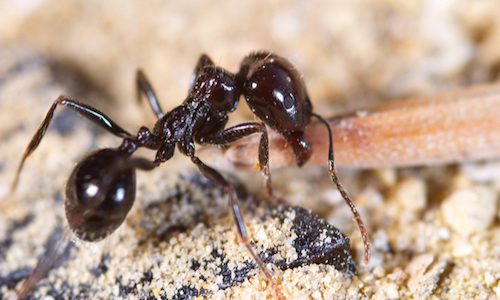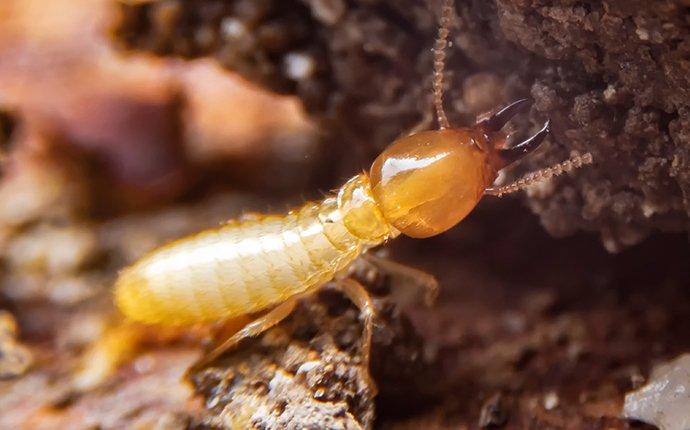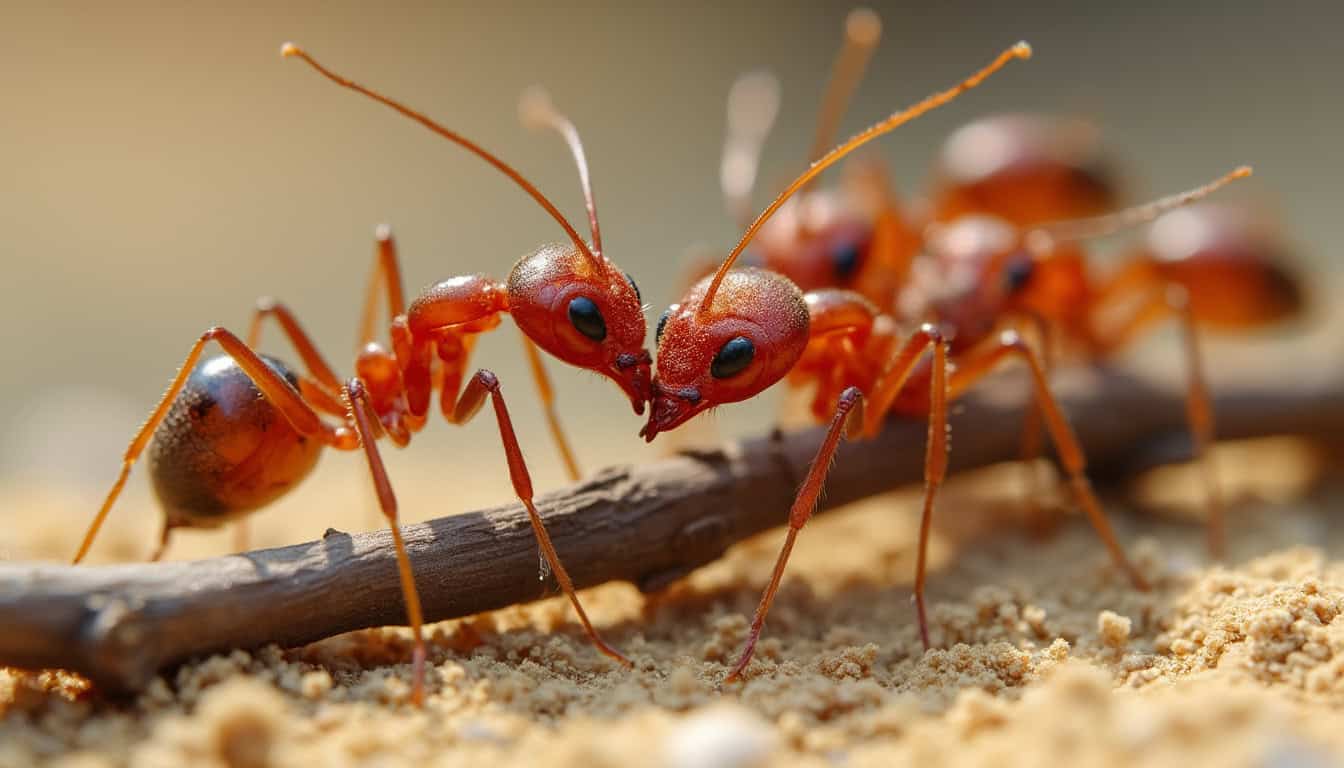Cost Effective Ant Control Solutions: Maintain Your Area Ant-Free
Ecological Effect of Insect Control: Balancing Performance With Sustainability
The ecological impact of insect control is a critical concern that requires a fragile balance in between achieving performance in managing bugs and ensuring sustainability of our environments. As we aim to safeguard our crops, homes, and wellness from the risks postured by bugs, the methods we utilize can unintentionally harm the environment. From using dangerous chemicals that seep into our soil and water to the unexpected repercussions on non-target types, the repercussions of conventional bug control techniques are far-reaching. Nevertheless, there are arising techniques that use expect an extra lasting technique to pest management. These solutions not just objective to resolve the prompt parasite problems however additionally consider the long-term health of our earth.
Unsafe Chemicals in Pest Control
The application of damaging chemicals in insect control postures considerable ecological and wellness threats that call for careful factor to consider and reduction strategies. Pesticides, pesticides, and herbicides are typically used to eliminate parasites, however their prevalent application can cause unplanned consequences. These chemicals can pollute soil, water sources, and the air, affecting not just the targeted pests yet likewise useful bugs, wild animals, and humans.

To deal with these dangers, incorporated insect administration (IPM) techniques are being promoted as an extra lasting choice. IPM involves a mix of techniques such as organic control, environment adjustment, and the targeted usage of pesticides as a last hope (ant control lake norman of catabwa nc). By taking on a holistic technique to pest control, we can decrease the ecological and health effects connected with damaging chemicals while effectively taking care of pest populaces
Effect On Non-Target Variety
Thinking about the unintended effects of insect control methods, the effect on non-target types is a crucial element that requires extensive examination. While parasite control procedures aim to target particular insects, various other organisms in the ecological community may be unintentionally affected. Non-target varieties, consisting of advantageous pests, birds, mammals, and even plants, can endure indirect or direct harm from chemical applications or biological control methods.
Chemicals can have sub-lethal or dangerous impacts on non-target varieties. For instance, insecticides made to battle a certain insect pest might harm pollinators like or all-natural killers such as ladybugs. In addition, chemical residues can gather in the atmosphere, influencing non-target organisms gradually. Biological control agents, if not species-specific, can pose risks to unexpected targets, interrupting the ecological equilibrium.
To reduce the influence on non-target varieties, integrated bug administration (IPM) strategies that emphasize an all natural technique to pest control are advised. These approaches focus on using eco-friendly techniques, lessening damage to useful organisms while successfully handling pest populaces. Performing complete danger analyses and keeping track of the outcomes of bug control initiatives are essential steps in securing non-target varieties and promoting general ecosystem health.
Dirt and Water Contamination
Unexpected environmental effects of pest control approaches extend past impacting non-target types, with substantial ramifications for dirt and water contamination. Chemicals, herbicides, and chemical plant foods made use of in parasite control can leach into the soil and pollute groundwater, posing a threat to both aquatic and terrestrial communities. Soil contamination can interrupt the equilibrium of microorganisms vital for nutrition biking and plant growth, leading to lowered soil fertility and performance. These chemicals can persist in the setting for extended periods, gathering in the dirt and possibly going into the food chain.
Water contamination is an additional critical problem associated with bug control practices. Overflow from agricultural fields treated with pesticides can carry these chemicals into neighboring water bodies, influencing marine microorganisms and water high quality. Contaminants in water sources can have significant repercussions, impacting not only water life but likewise human health and wellness via the usage of polluted water or marine organisms. To reduce dirt and water contamination from insect control tasks, incorporated pest administration techniques that prioritize sustainability and lessen chemical inputs are critical.
Air Contamination From Pesticide Use
Direct exposure to air-borne chemicals throughout agricultural applications presents a considerable worry for air pollution control procedures. In addition, pesticide drift, where chemicals are brought by the wind to unplanned locations, can lead to the contamination of neighboring environments and water bodies.

Techniques for Lasting Parasite Control
In the world of agricultural techniques, carrying out sustainable parasite control approaches is critical for preserving environmental equilibrium and safeguarding plant returns. Sustainable bug control emphasizes the usage of environmentally pleasant approaches to handle pest populaces successfully while decreasing damage to non-target microorganisms and communities. Integrated Pest Administration (IPM) is a commonly adopted strategy that combines biological, social, physical, and chemical this article control approaches to attain long-lasting parasite monitoring services.
Plant rotation and diversity are additionally effective methods to interrupt pest life cycles and produce much less beneficial problems for pests to grow. Ultimately, by incorporating these sustainable pest control methods, farmers can attain a balance between pest monitoring efficiency and environmental stewardship.
Final Thought
To conclude, the environmental influence of parasite control approaches must be carefully considered to stabilize performance with sustainability. Hazardous chemicals used in pest control can result in soil and water contamination, air pollution, and damage non-target varieties - ant control services. It is crucial to execute sustainable pest control techniques to lessen these unfavorable effects on the atmosphere and advertise a much healthier community for future generations
By taking on a holistic strategy to pest control, we can reduce the ecological and health impacts associated with dangerous chemicals while effectively managing pest populaces.

To mitigate the air pollution caused by chemical usage, it is vital to take on incorporated bug management methods that prioritize the use of non-chemical insect control methods, such as plant rotation, natural predators, and resistant plant varieties. Lasting bug control stresses the use of ecologically pleasant approaches to take care of bug populations successfully while reducing harm to non-target microorganisms and ecosystems. Integrated Parasite Administration (IPM) is a widely embraced method that incorporates organic, social, physical, and chemical control approaches to accomplish long-lasting insect monitoring solutions.